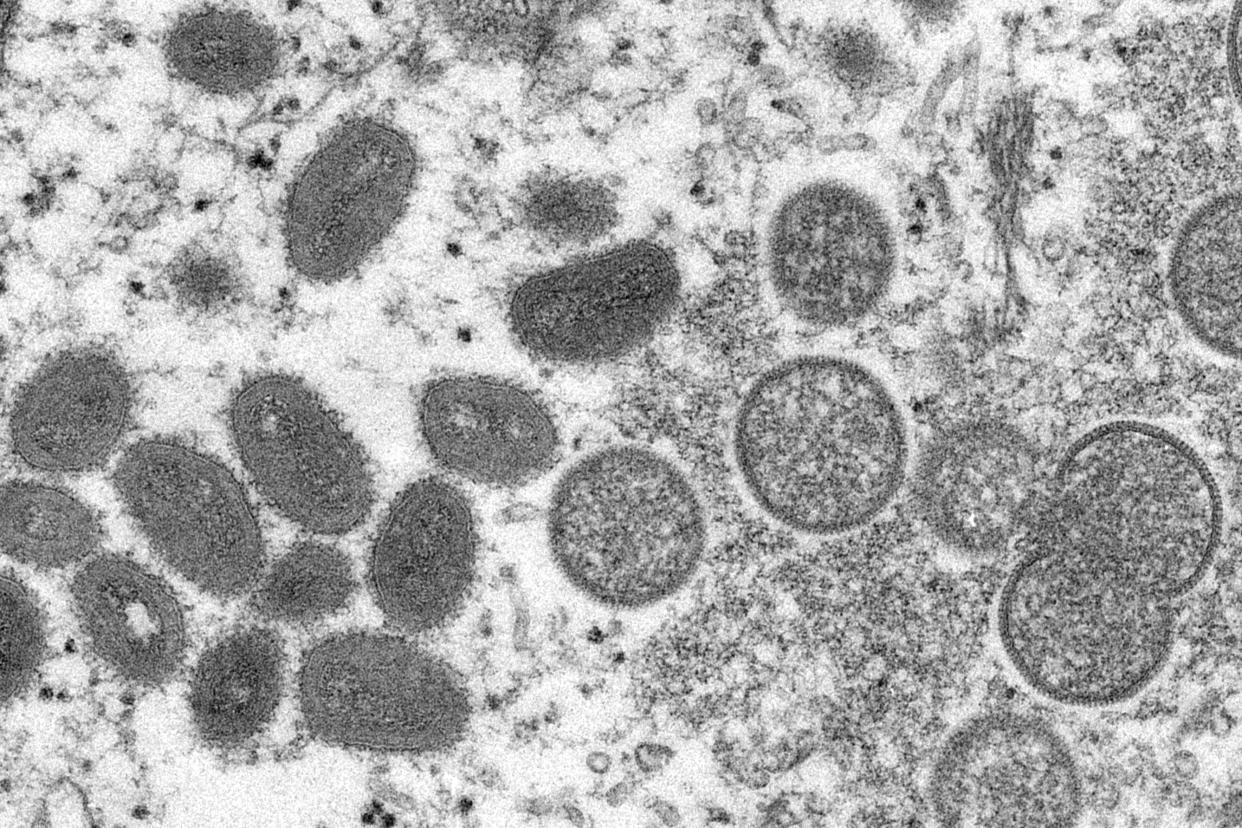Oregon public health officials, CDC, encourage monkeypox vaccine ahead of summer travel

Public health officials are encouraging Oregonians to get both doses of the monkeypox vaccine ahead of summer gatherings and travel to prevent contraction and spread of the virus.
An outbreak of monkeypox (mpox) began in June 2022, and while cases have decreased since then, the outbreak is not over, said Tim Menza, senior health adviser for Oregon Health Authority's mpox response.
There may be potential for a resurgence of the virus as travel and large gatherings increase throughout the summer, OHA said.
The Centers for Disease Control and Prevention (CDC) issued a Health Alert Network (HAN) advisory on May 15, urging vigilance in awareness of ongoing mpox transmission and the potential for increased infection throughout the summer in the United States and internationally.
The JYNNEOS mpox vaccine is free and available to anyone in Oregon who wants to be vaccinated.
The vaccine was found to be 75% effective in reducing transmission and severity of mpox for those receiving one dose and 86% effective for those who had two doses, according to a recent Center for Disease Control study.
There are about one to three mpox cases reported in Oregon per month, which is a decrease from reports of 10 to 15 cases per week in August 2022, OHA data shows. There have been a total of 280 mpox cases in 12 Oregon counties since the outbreak began.
Infection rates in Oregon are highest among people living in Multnomah County, ages 30 to 39, and members of the Latino and Black/African American communities. Men who reported having sex with men had the highest infection rates.
Mpox spreads through close, skin-to-skin contact. Transmission occurs when someone comes into contact with the lesions of an individual with mpox, which can occur through sexual contact or through a caregiving relationship, such as a parent caring for a child or an adult caretaker of an individual.
Signs of mpox include but are not limited to a skin rash or lesions accompanied with fever, headaches, muscle aches, back pain, low energy, and swollen lymph nodes. Individuals who suspect they have mpox should contact their health care provider.
Mpox vaccination clinics can be searched by ZIP code with an mpox vaccine locator tool at https://www.oregon.gov/oha/PH/Monkeypox/Pages/vaccine.aspx or at https://mpoxvaxmap.org/
Call 2-1-1 or the local public health department for help finding a clinic or health care provider.
Sydney Wyatt covers healthcare inequities in the Mid-Willamette Valley for the Statesman Journal. Send comments, questions, and tips to her at SWyatt@gannett.com, (503) 399-6613, or on Twitter @sydney_elise44
The Statesman Journal’s coverage of healthcare inequities is funded in part by the M.J. Murdock Charitable Trust, which seeks to strengthen the cultural, social, educational, and spiritual base of the Pacific Northwest through capacity-building investments in the nonprofit sector.
This article originally appeared on Salem Statesman Journal: Monkeypox vaccine encouraged to prevent spread of the virus

